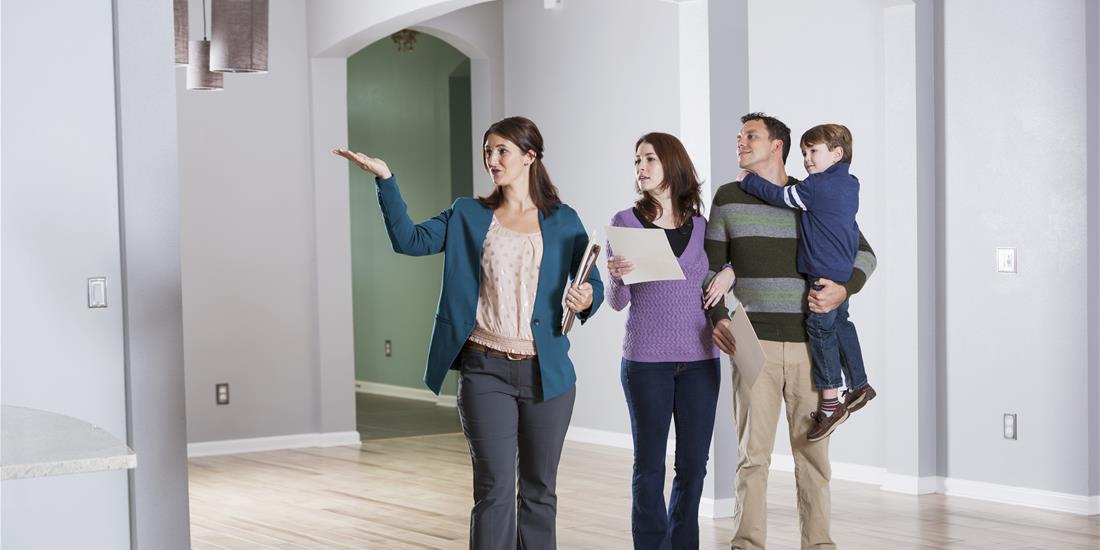
By Kellee Bradley, John L. Scott Real Estate
Q: Any advice going into next year's housing market?
A: It's no secret that the Puget Sound housing market is challenging. Price appreciation and low inventory have created what we in the real estate industry call a frenzy market. Whether you're a buyer or a seller, you need to make sure you have all the information you need to achieve your real estate goals in the coming year.
As we move into 2017, here are five tips for success in navigating the first-quarter housing market, including interest rates, price point, location, home condition, and market conditions.
Interest Rates
The Federal Reserve is on track to raise interest rates slightly through the end of 2017. The National Association of Realtors predicts that by the end of next year, we will see interest rates around 4.6 percent—still in the amazing and historically low range. Lower rates translate into more buying power, which benefits both buyers and sellers.
Serious buyers should contact a professional mortgage broker and get fully underwritten. That means all your paperwork is completed and once you make an offer on a home and it's accepted, you can speed up the closing process. This gives you an advantage over other buyers—especially if sellers are interested in a fast closing.
Price Point
If you're a seller, make sure your real estate broker completes a comparative market analysis (CMA) for you. The CMA includes all homes in the area: active, pending, or sold, and gives you the information you need to price your home to sell with the greatest profit possible.
Are you a buyer in a multiple-offer market? You may want to view homes below your price point to compete in a multiple-offer situation without getting priced out.
Location
Do your research! Ask yourself how far you'd be willing to travel to find the perfect home. Let's say you're only willing to do a 30-minute commute to work. That may translate into 10 miles, given side-street and freeway traffic. Get started by drawing a circle in a 10-mile radius from your work on a map.
Make a list of other things that may be important, like being close to schools, church, aging parents, etc. JohnLScott.com has a tool that lets you draw a polygon map around an area to view only the homes in your price range. You can also sign up to receive email notifications of new listings in that area.
Home Condition
Once you know where you want to live, you need to find a home in your price range in that area. Your real estate agent should discuss what your must haves and compromise points are regarding a new home. Would you be willing to settle for a home with less of a yard if it was across from a park? What about a dated home in the perfect neighborhood? There are some advantages to buying a house that needs TLC, such as building sweat equity.
If you're a seller, make sure your home is in top condition to get top dollar. Ask your broker about simple, inexpensive updates that won't break the bank.
Market Conditions
At John L. Scott Real Estate, our brokers have real-time market updates available so they can maintain a competitive edge, especially in the Puget Sound region where the housing market continues to be so hot. Knowing what the current market is doing, what projections are, and how seasonality and inventory play a part in the buying and selling process is important.
For example, according to the National Association of Realtors, the four heaviest home-selling months are between May and August. Whether you're a buyer or a seller, this type of information should be a crucial part of your strategy. Make sure you get the facts about the current market in your area.
Kellee Bradley is the public relations manager at John L. Scott Real Estate in Seattle and a member of the Master Builders Association of King and Snohomish Counties. HomeWork is the group's weekly column. If you have a home improvement, remodeling, or residential homebuilding question you'd like answered by one of the MBA's more than 2,800 members, write to homework@mbaks.com.
homework-prepping-for-the-2017-housing-market